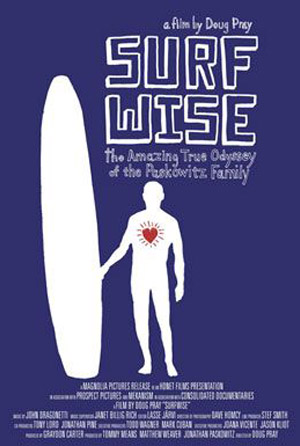
FRESH AIR W/ Guest Host DAVE DAVIES
The United States is home to less than five percent of the world’s population — and almost a quarter of the world’s prisoners. Adam Liptak, national legal correspondent for The New York Times, says that’s one of the ways America’s legal system differs from those of other countries. Liptak’s recent series for The Times, “American Exception,” looks at the ways the American justice system is unique — including high incarceration rates, the awarding of punitive damages, felony murder liability for accomplices and commercial bail bondsmen. “Americans are locked up for crimes — from writing bad checks to using drugs — that would rarely produce prison sentences in other countries,” wrote Liptak in his April 23 article, “Inmate Count in U.S. Dwarfs Other Nations.” Liptak adds that prisoners in the U.S. are incarcerated for a longer time than prisoners elsewhere. The reason for the disparity is a matter of debate, but he writes that “the gap between American justice and that of the rest of the world is enormous and growing.” Liptak earned a law degree from Yale University. He joined The Times‘ news
 staff in 2002, contributing legal analysis and coverage of the criminal justice system. He also writes the paper’s “Sidebar” column, which provides analysis, explanation and commentary on developments in the legal world.
staff in 2002, contributing legal analysis and coverage of the criminal justice system. He also writes the paper’s “Sidebar” column, which provides analysis, explanation and commentary on developments in the legal world.
ALSO, Jonathan Paskowitz isn’t just any surfer. He’s a professional surfer — but even that isn’t why his story is unusual. Paskowitz is one of the nine children born to Dorian “Doc” Paskowitz, a onetime physician who in the 1950s quit his practice, dropped out of the mainstream and raised a family while living a nomadic surfing lifestyle. So Jonathan Paskowitz grew up on the beach, essentially, as part of what has been described as the first family of surfing. The Paskowitz family (Doc, wife Juliette, eight sons and one daughter) lived on a 24-foot camper, home-schooled their children and traveled throughout America and the world in search of good waves. The family celebrated the Jewish Sabbath on the beach every Friday night.
Along with beach living, Doc Paskowitz insisted on an all-organic or raw-foods diet, with no sugar or fat. He was also a stern father who struck his children when they didn’t measure up, and who sometimes pitted them against one another in the effort to shape them after his own image. And because he mostly kept his family isolated from society, they found themselves ill-equipped to handle life on their own when they inevitably left the nest.Jonathan Paskowitz’s story, and that of his family, is the subject of the recent documentary Surfwise, directed by Doug Pray. (Watch a trailer.) Paskowitz is a producer on the film, which the Village Voice calls “a mesmerizingly ambivalent documentary about an itinerant family of Jewish surfer-dude health nuts,” a “forgiving film” that “tries to offer us Paskowitz, the whole man, without judging him or his children.”
“forgiving film” that “tries to offer us Paskowitz, the whole man, without judging him or his children.”
RADIO TIMES W/ Marty Moss-Coane
![]() Hour 1
Hour 1
On December 16, 2005, The New York Times published a Pulitzer-prize winning front-page story uncovering the Bush administration’s secret wire-tapping program. The reporter, Eric Lichtblau, along with James Risen, went on to cover stories that question the overreaching of presidential powers and the balance between security and the civil rights of Americans. ERIC LICHTBLAU’s new book is Bush’s Law: The Remaking of American Justice, and he joins us in the studio to talk about it. Listen to this show via Real Audio | mp3
Friday May 9, 2008 Kate Nash
 British sensation Kate Nash joins host David Dye on the World Café. This singer-songwriter’s debut album, Made of Bricks, is soul-bearing, witty and honest, with no thought safe from becoming a lyric. Capturing audiences with her contagious melodies, and with a BRIT award and NME award to her recent credit, Kate is one to watch for her next brilliant step.
British sensation Kate Nash joins host David Dye on the World Café. This singer-songwriter’s debut album, Made of Bricks, is soul-bearing, witty and honest, with no thought safe from becoming a lyric. Capturing audiences with her contagious melodies, and with a BRIT award and NME award to her recent credit, Kate is one to watch for her next brilliant step.
KATE NASH: Foundations
